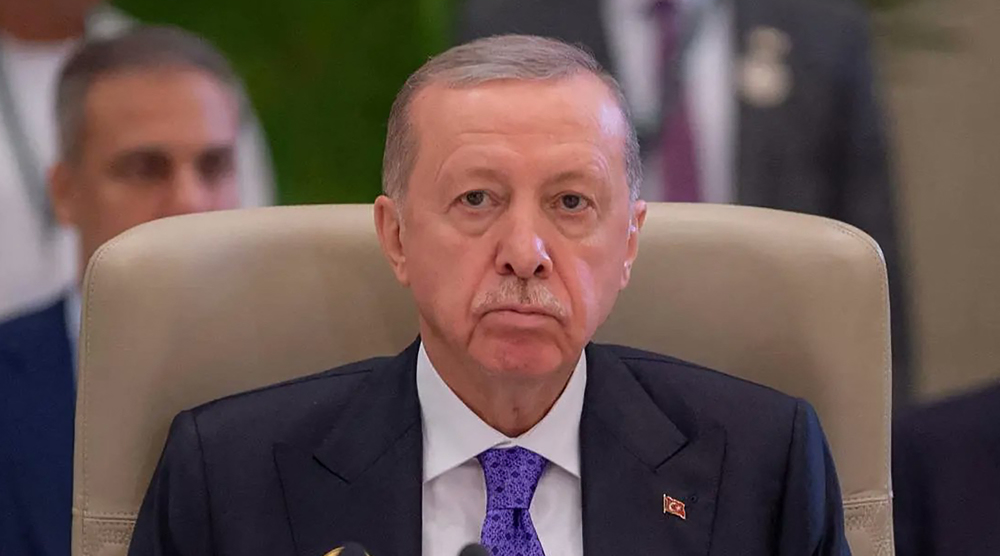Turkey’s FM: Ankara can’t force refugees back to war, terror
Faced with widespread criticism, Turkey says it has no intention to send asylum seekers back to conflict zones under a potential agreement with the European Union aimed at stemming the flow of refugees into Europe.
Foreign Minister Mevlut Cavusoglu of Turkey declared Ankara’s stance at a news conference in the Turkish capital, Ankara, on Wednesday, after a meeting between foreign, interior and justice ministers of Turkey and Belgium.
Cavusoglu said Ankara is willing to cooperate with the United Nations High Commissioner for Refugees (UNHCR) to ease the refugee crisis.
“We want to do this in compliance with human rights. Of course we cannot forcibly send people back to war and terror,” the Turkish foreign minister stated.
The remarks by the Turkish official comes despite the fact that on March 7, the Turkish government proposed to take back all those refugees who cross into Europe from its soil in return for more money, faster EU membership talks and quicker visa-free travel. European Union leaders also welcomed the initiative.
Elsewhere in his comments, the top Turkish diplomat defended the deal as the best way to discourage irregular refugees and fight smuggling rings taking people on perilous journeys across the Aegean Sea to Greece.
The UN and human rights groups have warned that such a deal may violate the refugees’ right to protection under international law.
Cavusoglu said, “The European Union seems to have accepted many elements of this deal. But there are differences in terms of meeting our demands. We will continue to work on that in the coming days.”

Turkey is the main launching point for asylum seekers who have made the dangerous crossing into Europe.
The continent is facing an unprecedented influx of refugees, most of whom are fleeing conflict zones in Africa and the Middle East, particularly Syria.
More than 141,000 asylum seekers have reached Europe via the Mediterranean so far this year, while over 440 people died in their journey to the continent, according to the latest figures by the International Organization of Migration (IOM).
VIDEO | New Delhi chokes under toxic smog as air quality remains at hazardous levels
VIDEO | Press TV's news headlines
VIDEO | ICC's arrest warrant for Netanyahu to worry Western politicians: Former British diplomat
Iranians protest against Israel after Netanyahu ICC warrant
Germany undecided on complying with ICC arrest warrants for Israeli war criminals
VIDEO | Former FBI agent criticizes US Congress for 'outright corruption'
IRGC chief urges Muslim countries to cut aid routes to Israel
'New chapter in cooperation': Iran, Venezuela sign new MoUs















 This makes it easy to access the Press TV website
This makes it easy to access the Press TV website